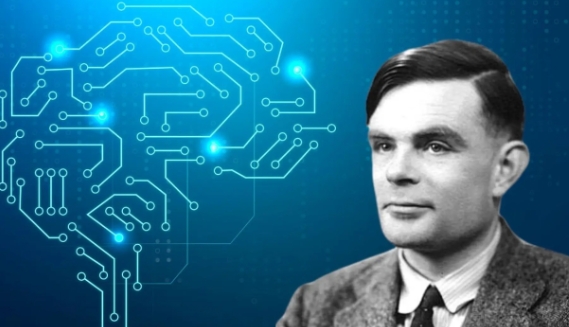Alan Turing was a brilliant mathematician and computer scientist whose work laid the foundation for modern artificial intelligence.
Early Life and Education
Turing was born in 1912 in London, England. He studied mathematics at King’s College, Cambridge and later earned his Ph.D. from Princeton University.
Breaking the Enigma Code
During World War II, Turing played a crucial role in breaking the German Enigma code, a feat that is credited with helping to end the war sooner.
The Turing Test
Turing proposed the idea of a test, now known as the Turing Test, to determine whether a machine can exhibit intelligent behavior indistinguishable from that of a human. This concept is still used today in the development of artificial intelligence.
The Turing Machine
Turing also developed the concept of the Turing Machine, a theoretical device that can simulate any computer algorithm. This laid the groundwork for the development of modern computers.
Legacy in Artificial Intelligence
Turing’s work in artificial intelligence continues to shape the field today. His ideas have influenced the development of neural networks, machine learning, and other AI technologies.
Recognition and Commemoration
Turing’s contributions to the field of computer science have been widely recognized. He was posthumously granted a royal pardon in 2013 for his conviction of homosexuality, and his life and work have been celebrated in books, films, and other media.
In conclusion, Alan Turing’s work has had a profound impact on the field of artificial intelligence. His ideas and concepts continue to shape the development of AI technologies, and his legacy will undoubtedly continue to inspire future generations of computer scientists and mathematicians.

